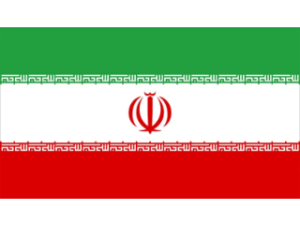Climate Justice Conference Rabat

Rabat Conference
Venue: YTD
Time: YTD
February 27, 2024
Advancing Equitable Climate Solutions: The Climate Justice Conference in Rabat
The Climate Justice Conference in Rabat stands as a pivotal platform for converging global stakeholders to deliberate on the pressing need for equitable solutions to climate change. The conference centers its discussions on the nexus between environmental sustainability and social equity, underscoring the urgency of addressing the disproportionate impacts of climate change on marginalized populations.
By means of comprehensive panels, interactive workshops, and engaging dialogues, the conference aims to cultivate a nuanced understanding of climate justice principles. It highlights historical and systemic factors that have contributed to the climate crisis, emphasizing the role of both developed and developing nations in addressing its effects.
Integral to the discourse are strategies encompassing policy frameworks, community-driven initiatives, and technological innovations to foster climate resilience while preserving the rights of marginalized communities. The conference underscores the significance of international collaboration and the integration of climate justice into global climate agendas.
Through the convergence of experts, activists, policymakers, and local communities, the Climate Justice Conference in Rabat endeavors to generate actionable strategies that champion fair, sustainable, and inclusive approaches to combating climate change. Its mission is to inspire attendees to advocate for transformative changes that prioritize the well-being of all individuals, particularly those most susceptible to the consequences of a changing climate.

Climate Justice Conference Rabat Read More »







